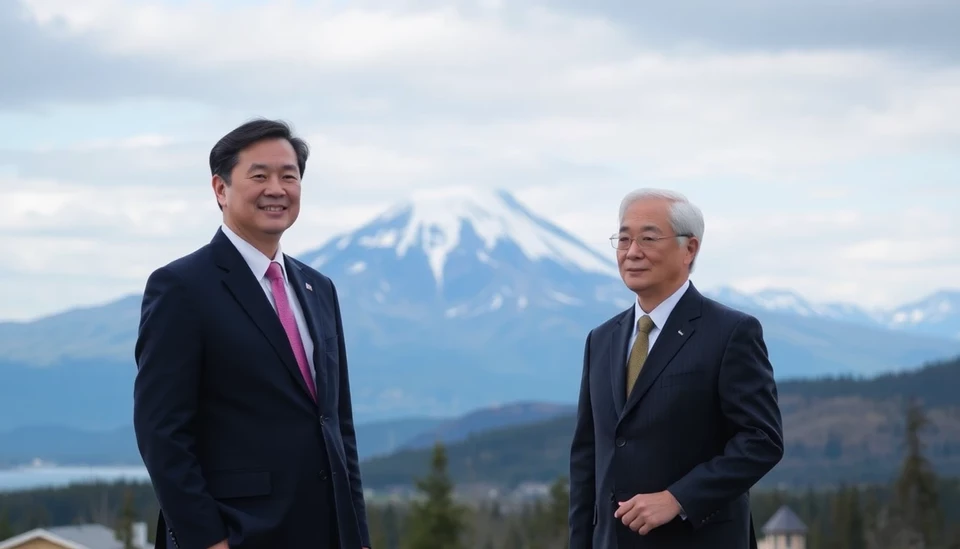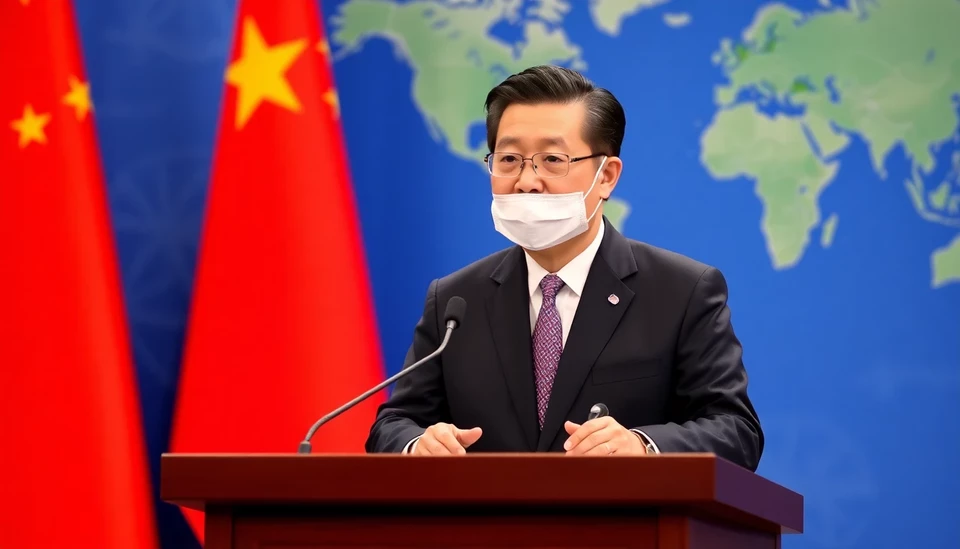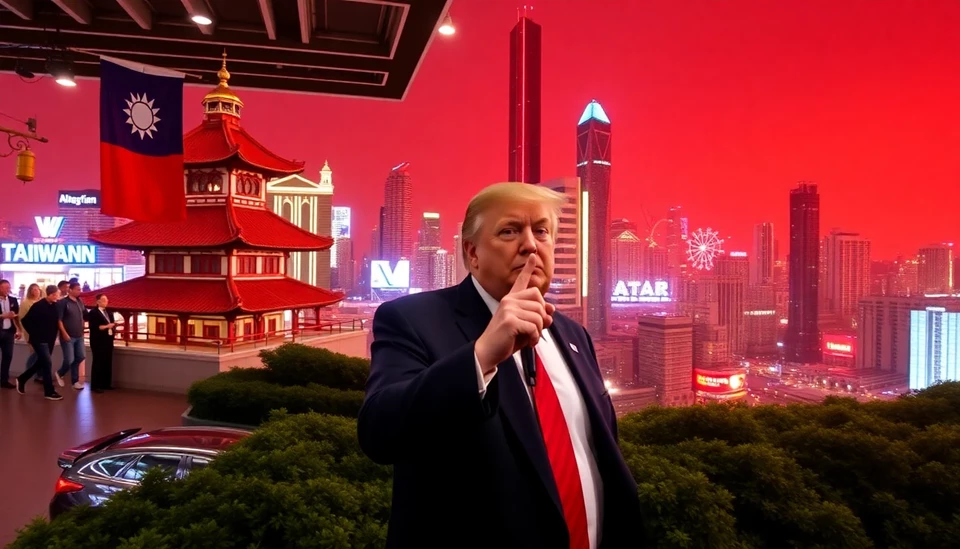
Recent escalations in tensions between China and Taiwan have brought to light the potential risks associated with Taiwan's nuclear phase-out plan. As geopolitical uncertainties mount, experts are voicing concerns about the implications for Taiwan's energy security and regional stability. With China asserting its claims over Taiwan, the island's strategy to reduce nuclear dependency could hinder its ability to ensure a reliable and stable energy supply in the face of external threats.
Taiwan has been diligently working towards phasing out its nuclear power by 2025, a pivotal aspect of its energy policy aimed at shifting towards more sustainable energy sources. This plan reflects the island's commitment to reducing reliance on nuclear energy in the wake of public safety concerns following the Fukushima disaster in Japan in 2011. However, as China intensifies its military posture and rhetoric regarding Taiwan, this ambitious transition away from nuclear energy appears increasingly precarious.
The Taiwanese government is under pressure to re-evaluate its energy policies in light of these rising tensions. Observers are warning that abandoning nuclear power could lead to increased vulnerability, particularly if energy demands rise during crises. With the threat of conflict looming large, ensuring a stable power supply becomes paramount. Experts argue that a robust energy strategy that includes nuclear energy is essential for Taiwan to fortify its defenses.
Furthermore, the potential geopolitical ramifications of Taiwan's nuclear phase-out plan are significant. Should Taiwan find itself unable to defend itself in the event of a military confrontation, the influence of surrounding powers, including China, could heavily dictate Taiwan's energy policies. As such, the dialogue surrounding nuclear energy must take on a strategic lens, considering not just environmental impacts but also national security implications.
In previous conflicts, energy security has played a crucial role in determining the outcomes of military engagements. Analysts posit that Taiwan must maintain a diversified energy portfolio to navigate the complexities of its political situation. The ongoing tensions with China may necessitate a reconsideration of Taiwan's commitment to phasing out nuclear power, as the island grapples with the need for a robust and resilient energy future amidst global energy transitions.
Consequently, Taiwan's leadership faces significant challenges ahead. Steps must be taken to bolster energy security while also addressing public apprehensions regarding nuclear energy. Balancing these interests will require innovative solutions and a reevaluation of existing policies to prevent Taiwan from becoming overly reliant on any single energy source, particularly in an increasingly volatile geopolitical landscape.
As Taiwan navigates these treacherous waters, the intersection of energy policy and national security will remain at the forefront of national discussions. The situation demands careful consideration of how to support sustainable energy goals while assuring the public's safety and maintaining a strong defensive posture against external threats.
In conclusion, the rising tensions with China not only illuminate the vulnerabilities in Taiwan's nuclear phase-out plan but also call for a reassessment of energy security strategies in the face of potential military confrontations. The decisions made in the coming years could reshape the future of Taiwan and its energy landscape significantly.
#Taiwan #China #NuclearEnergy #EnergySecurity #Geopolitics #SustainableEnergy #TaiwanConflict
Author: Daniel Foster




